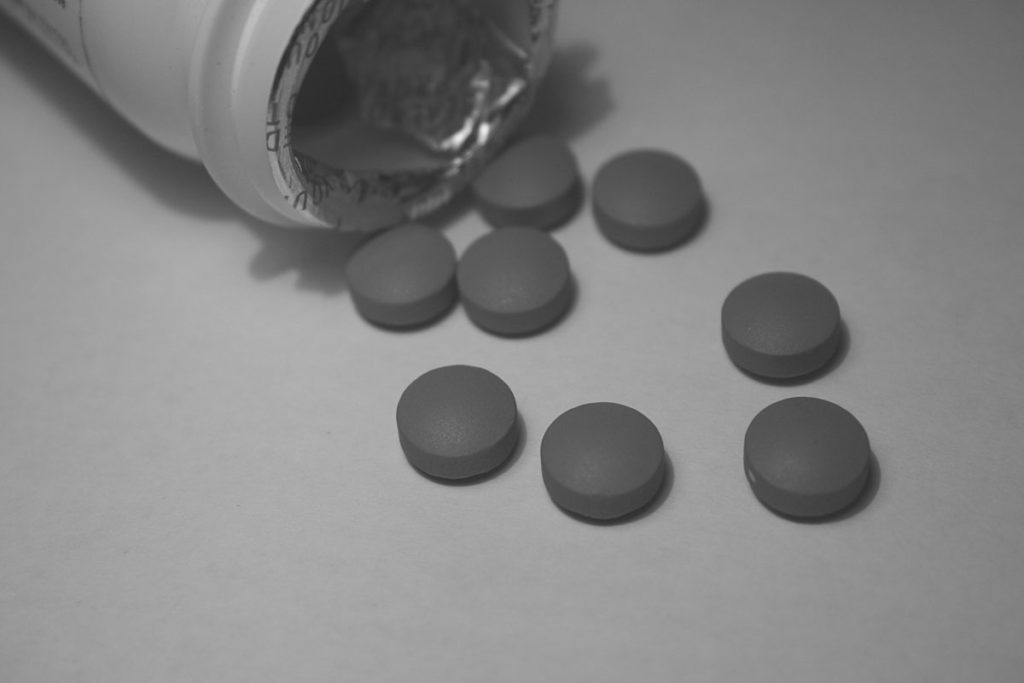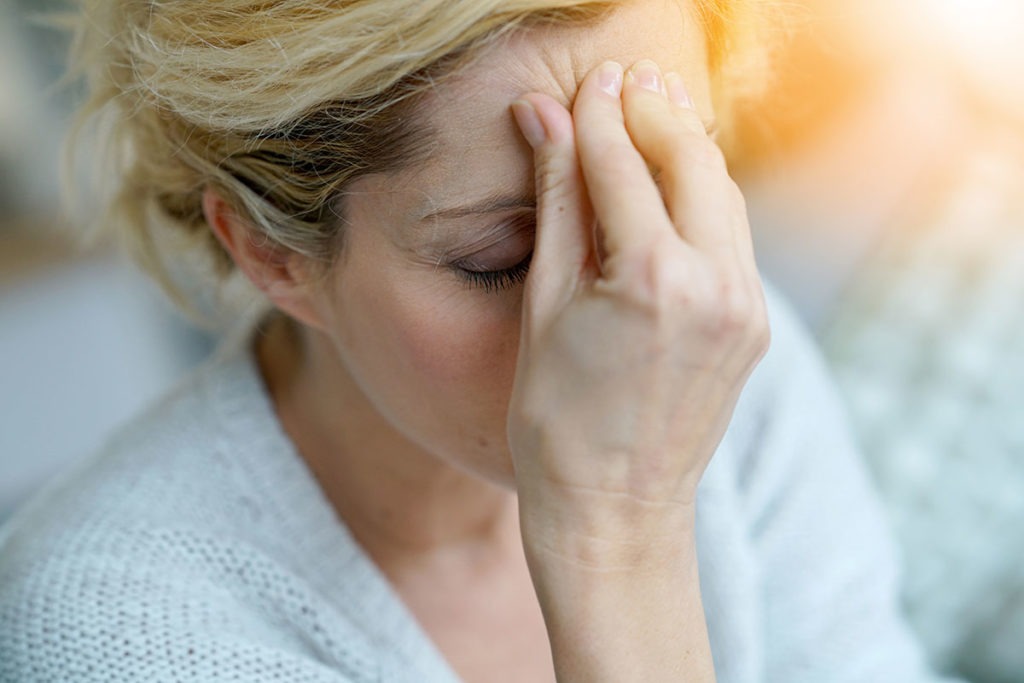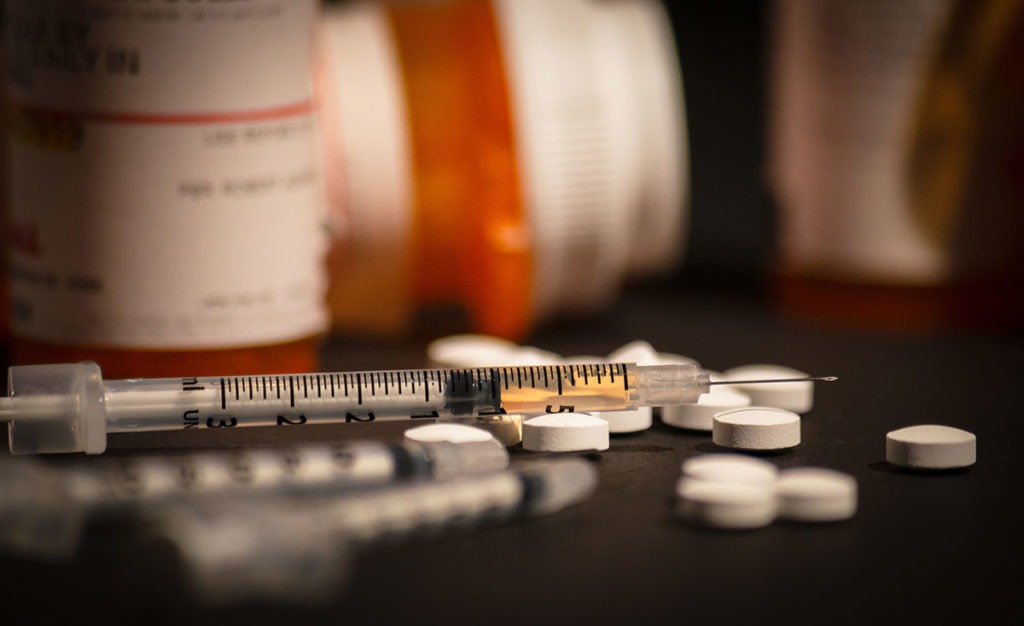Detoxification, or detox, is one of the most difficult aspects of addiction treatment. Detox starts right after the last time you use drugs and is not over until the drug has been completely eliminated from your body. When you have been supplying your body with drugs for a long period of time and then stop using, withdrawal symptoms can be severe. Understand what detox is like, what your options are, and make sure you have medical assistance for this challenging but crucial part of getting sober.
What Does Drug Detox Feel Like?
The exact withdrawal symptoms you can expect to have when you detox, and the severity, will depend on the drugs you have been using and for how long. In general withdrawal from drugs or alcohol includes nausea, irritability, anxiety, tremors, excessive sweating, diarrhea, vomiting, insomnia, fatigue, depression, headache and loss of appetite. The longer you have been using, the more severe the symptoms will be. The symptoms can last for days before you start to feel normal again.
What Are My Options for Detox?
The simplest type of detox is unassisted. This simply means that you do it by yourself. You quit cold turkey, suffer through the withdrawal symptoms and hope for the best. No expert would recommend you detox unassisted. Your odds of success are low. Trying to do this alone is uncomfortable and painful and will likely lead to using again. It can be life-threatening if alcohol dependence or addiction is already present. Assisted detoxes are better options. With assistance you can get some relief from your symptoms and have the support of others who will help you resist the urge to start using again. In its simplest form, assisted detox means having someone by your side to help you. Even better is to go through detox with trained professionals. Addiction treatment professionals and medical caregivers can give you support as well as medications that will help you get through detox successfully. Medically-assisted detox means taking drugs to ease withdrawal symptoms. It may seem counterintuitive to give addicts more drugs, but evidence shows that certain medications can help make detox more successful. For instance, someone addicted to an opioid, which includes prescription painkillers and heroin, may be given a substitute opioid to ease the severe symptoms that detoxing from these drugs causes. Using buprenorphine or methadone helps to ease opioid addicts into sobriety.
Is Rapid Detox Safe?
If you have been looking into addiction treatment options you may have heard of rapid detox. This is an assisted detox method that involves being anaesthetized during the process so that you feel little to no withdrawal. Essentially, you go to sleep until the ordeal is over and your body is free of drugs. The process can be over with in as little as 24 to 48 hours. There have been critics of this process who worry that it has not been tested well enough to ensure that it is safe. Furthermore, many people rely on the rapid detox to cure them of addiction. Experts recommend a thorough course of treatment after detox that includes therapy and support. Simply detoxing is not enough to cure anyone of this disease and yet some practitioners of the rapid detox sell their services that way. If you want to try a rapid detox, be sure you have an experienced doctor and that you continue with counseling or support group sessions afterward. Getting sober and healing from drug addiction is not an easy process. The first big hurdle is making it through the detox period. With support and assistance from practiced professionals you can get through this and see the light at the end of the tunnel.






